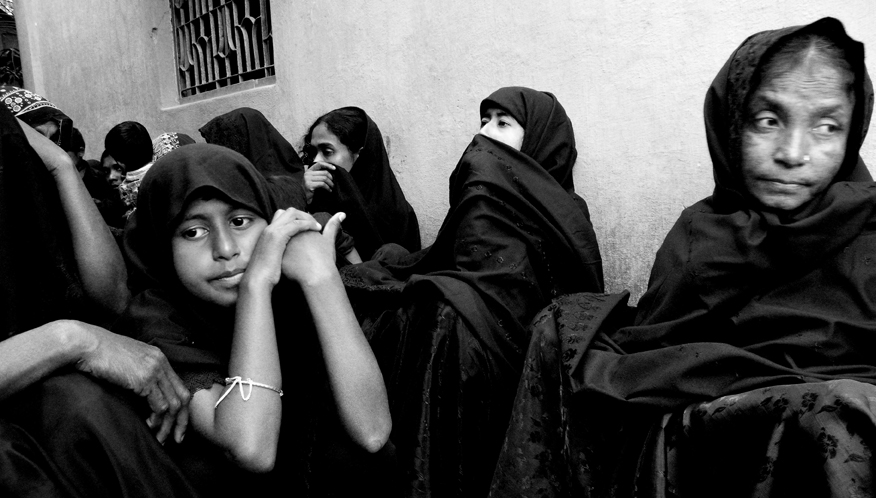Epsita Halder




Grant Period: Two years
This grant under the Bengali Language Initiative supports research towards a travelogue in Bengali and an audio-visual archive on the Karbala narratives recounted during Muharram, across different districts of West Bengal. During this two-year project, Epsita Halder, Professor of Comparative Literature, Jadavpur University, will document, examine and interpret the narrative traditions of the Karbala Battle. It was during the Karbala Battle in 680 AD, that Imam Hussain, the grandson of Prophet Muhammad, and the leader of the Shi’a Muslims, along with his family and troops, was tortured and killed by the forces of the Umayyad caliph, Yazid, in the desert of Karbala, Central Iraq. This battle emphasises the divide between the Sunni and Shi’a factions of Islam. The Battle of Karbala occupies a central position in Shi’a history and the event is commemorated annually in the month of Muharram, the first month of the year, as per the Islamic calendar.
On the tenth day of Muharram, the Shi’as form majlises (assemblies) and sing for hours, singing short lyrical pieces called nawhas while beating their chests. At other times, the orator recites episodes from the Karbala narrative that depict the martyrdom of Imam Hussain and his party, arousing strong emotions of pain and grief. During Muharram the experience and acceptance of pain and grief are essential for the Shi’as to commemorate the martyrdom of Imam Hussain and to consolidate their identity as a community. This age-old tradition was institutionalised by the Buyid Dynasty in 10th century Iran, and transmitted to several new places where the Shi’a community migrated. For the Shi’as who settled in new lands and within complex spiritual and cultural spheres, the Karbala narrative became emblematic of ‘a shattered zone’ where several cultures and religions met and intermingled.
Epsita will look at the translation of the Urdu nawhas into Bengali by the local maulanas who also interpret the Quran for the masses at the Imambaras. During Muharram, while the microphones transmit Urdu nawhas, matamdaris (beating of chest and crying in ecstatic grief) are accompanied by Bangla nawhas produced locally. Epsita will interview men and women from villages adjacent to the Imambaras who are taught the Bengali nawhas, some of which are original and others that are inspired from Urdu. She will also record the traditionally inherited Urdu nawhas and marsiyas (elegiac poems) as recollected and sung by the villagers. Along with recording the oral performances, Epsita will analyse and document the notebooks in which the devotees copy the Bengali nawhas taught to them. She will additionally document chapbooks written by local authors on the Karbala. Epsita will speak to Shia religious leaders, local nawha producers, videographers, local poets and elocutionists.
The outcome of this research will lead to a travelogue and an audio-visual archive. The travelogue will capture her journey through interior West Bengal studying the relationship between the Bengali texts of Karbala narratives and the discourse and sermons delivered by the local maulanas in Urdu. The travelogue will also examine patterns of remembrance, recitation and the presence/absence of an authorial voice in the nawhas and lyrics sung during Muharram in Bengal. The audio-visual archive will be housed at the School of Cultural Texts and Records (SCTR) at Jadavpur University. Epsita shall use material gathered from this research for an M. Phil course titled ‘Orality and Performance’ at the Comparative Literature Department, Jadavpur University.
